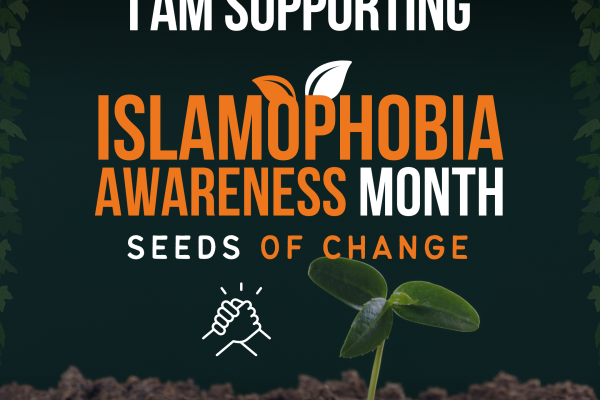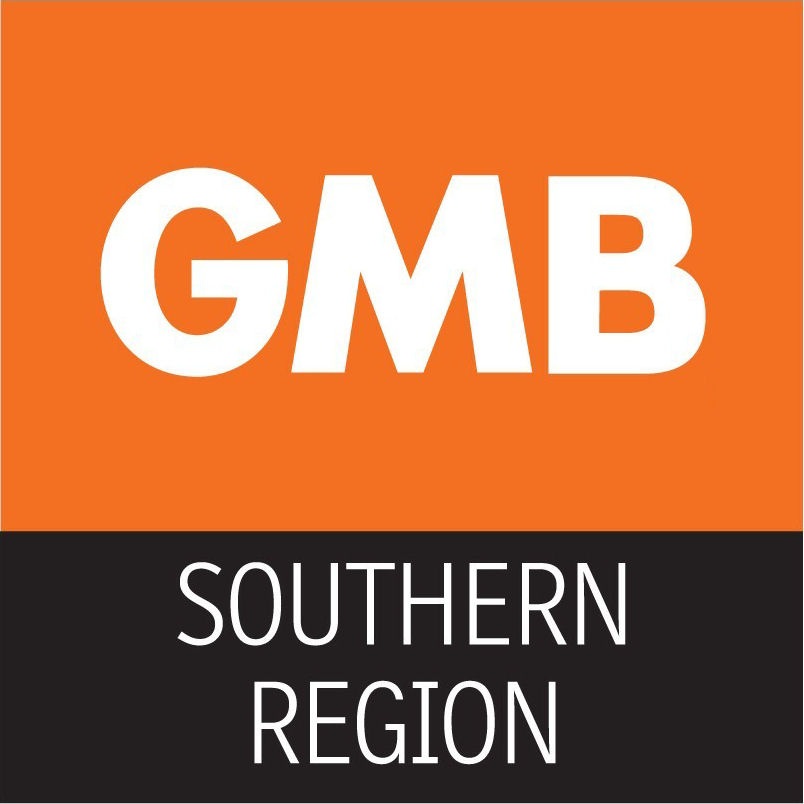GMB Southern marks Islamophobia Awareness Month

Islamophobia Awareness Month is observed every November, so as the month comes to a close, we are looking at why it is so important in the UK.
Islamophobia Awareness Month is observed in November each year, particularly in countries like the UK, to highlight and challenge prejudice, discrimination, and violence faced by Muslims. It aims to promote understanding, celebrate Muslim contributions to society, and build solidarity against all forms of hate.
The APPG on British Muslims defines Islamophobia as being rooted in racism and is a type of racism targeting expressions of Muslimness or perceived Muslimness. In March 2022, the GMB Union became the first Trade Union in the UK to adopt the APPG’s definition of Islamophobia.
The Muslim Engagement and Development (MEND) goes further by defining Islamophobia as a prejudice, aversion, hostility, or hatred towards Muslims and encompasses any distinction, exclusion, restriction, discrimination, or preference against Muslims.
Extent of Islamophobia
The extent of Islamophobia was highlighted by a December 2023 House of Commons research indicating 44% of religious hate crimes recorded by the police in the UK in 2022/23 were Islamophobic in nature, the highest among all religious groups. The number of offences was 3,400. In particular, Islamophobia has increased following terrorist attacks such as 9/11 and 2005 London bombings.
Why is Islamophobia Awareness Month Important?
Islamophobia manifests in multiple ways, including verbal and physical attacks, workplace discrimination, and systemic biases. This month shines a light on these issues and encourages collective action to create a fair and equitable society for all.
Objectives of Islamophobia Awareness Month:
1. Raise Awareness:
- Highlight the extent of Islamophobia and its impact on individuals and communities.
- Educate the public about the lived experiences of Muslims.
2. Challenge Stereotypes:
- Confront negative narratives and misconceptions about Islam and Muslims.
- Promote accurate representation in media and public discourse.
3. Celebrate Contributions:
- Showcase the cultural, social, and economic contributions of Muslims to society.
- Strengthen the recognition of diversity within Muslim communities.
4. Build Solidarity:
- Foster partnerships among communities, organizations, and institutions to combat hate.
- Advocate for inclusive policies and practices.
Manifestations at work
Islamophobia can manifest itself in workplaces in various forms with Muslim Council of Britain showing the impacts on employment:
- An applicant with an English name could secure 3x as many job interviews as their counterpart with a similar experience, albeit with a Muslim name
- Applicants from a non-White background needed to submit 80% more applications before receiving a positive response from the hiring company than their White counterparts. The MCB added a high proportion of the bias impacted people with background from countries with a big Muslim population
- A White man with the same skills and qualifications were 76% more likely than their Muslim peers to be at work. In the case of women, White women were 65% more likely to be working than their Muslim peers
The APPG cited some examples of Islamophobic behaviours at work including calling for the harming of Muslims, making stereotypical accusations about Muslims and assigning responsibility for wrongdoings committed by Muslim individuals or groups onto all Muslims.
Typical Activities During the Month:
- Community Events: Lectures, panel discussions, and cultural exhibitions.
- Educational Campaigns: Workshops in schools, universities, and workplaces to debunk myths and address biases.
- Art and Media: Sharing stories, art, and films that showcase Muslim life and challenge Islamophobia.
- Policy Advocacy: Calls for legislative action to protect against hate crimes and discrimination.
What can companies do to tackle Islamophobia?
Inclusive Employers and Farrer and Co have suggested the below steps to tackle Islamophobia in workplaces:
- Design and implement inclusive company policies alongside having clear consequences for Islamophobia at the workplace
- Provide educational resources and training sessions for employees
- Demonstrate a commitment to tackle Islamophobia from the top
- Set up faith-based staff networks and cultural celebrations
- Create safe spaces to communicate their experiences and speak out where necessary
- Offer a prayer space and ensure there are Halal food and non-alcoholic beverage options during work socials
Acknowledgments and suggested further readings:
https://researchbriefings.files.parliament.uk/documents/CDP-2023-0218/CDP-2023-0218.pdf
https://mcb.org.uk/resources/islamophobia/
https://www.farrer.co.uk/news-and-insights/blogs/islamophobia-in-the-workplace/



